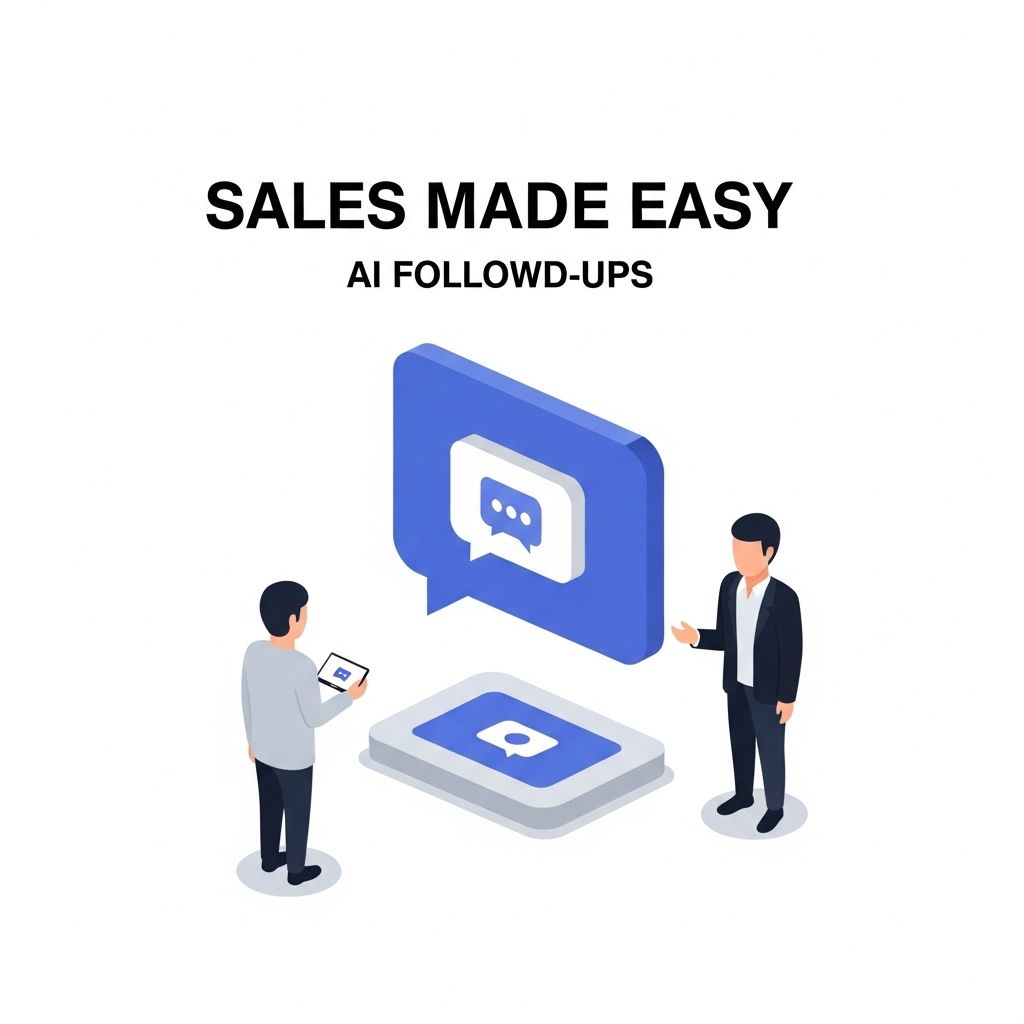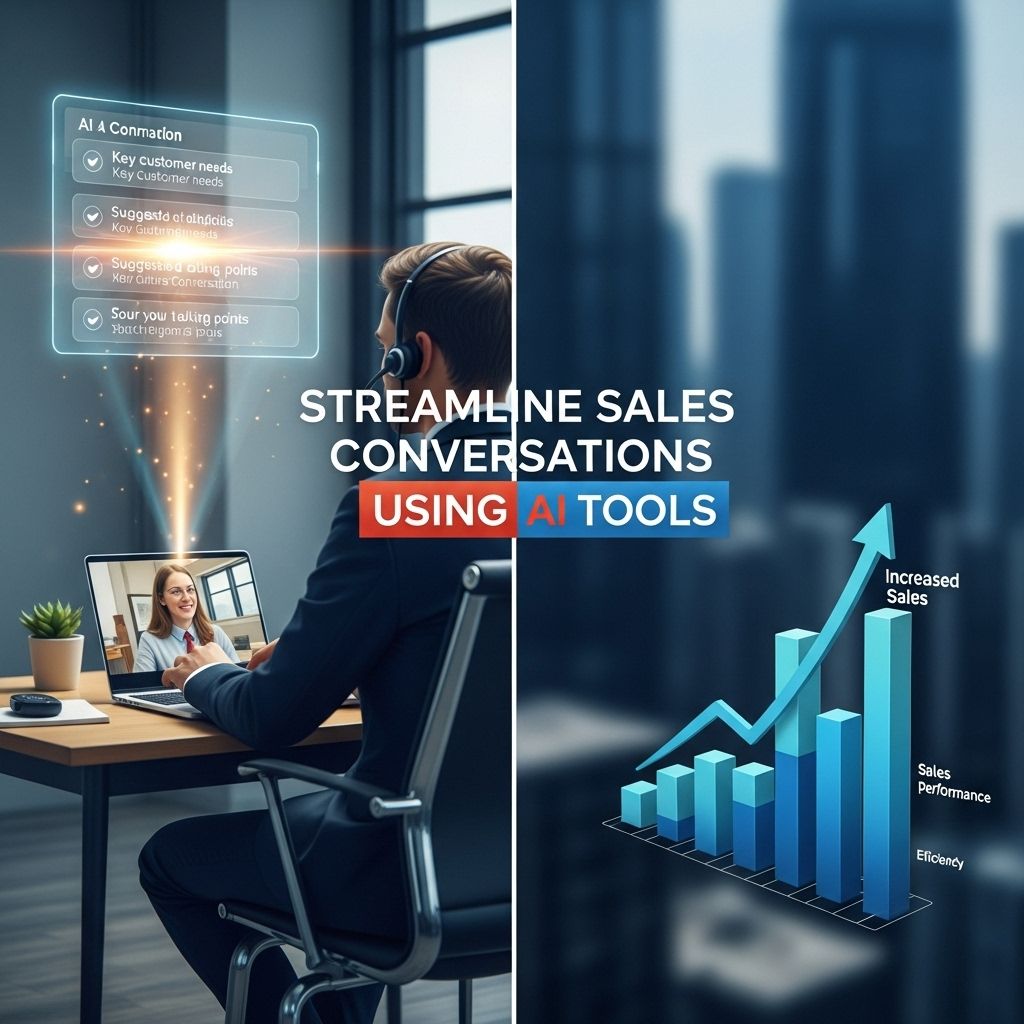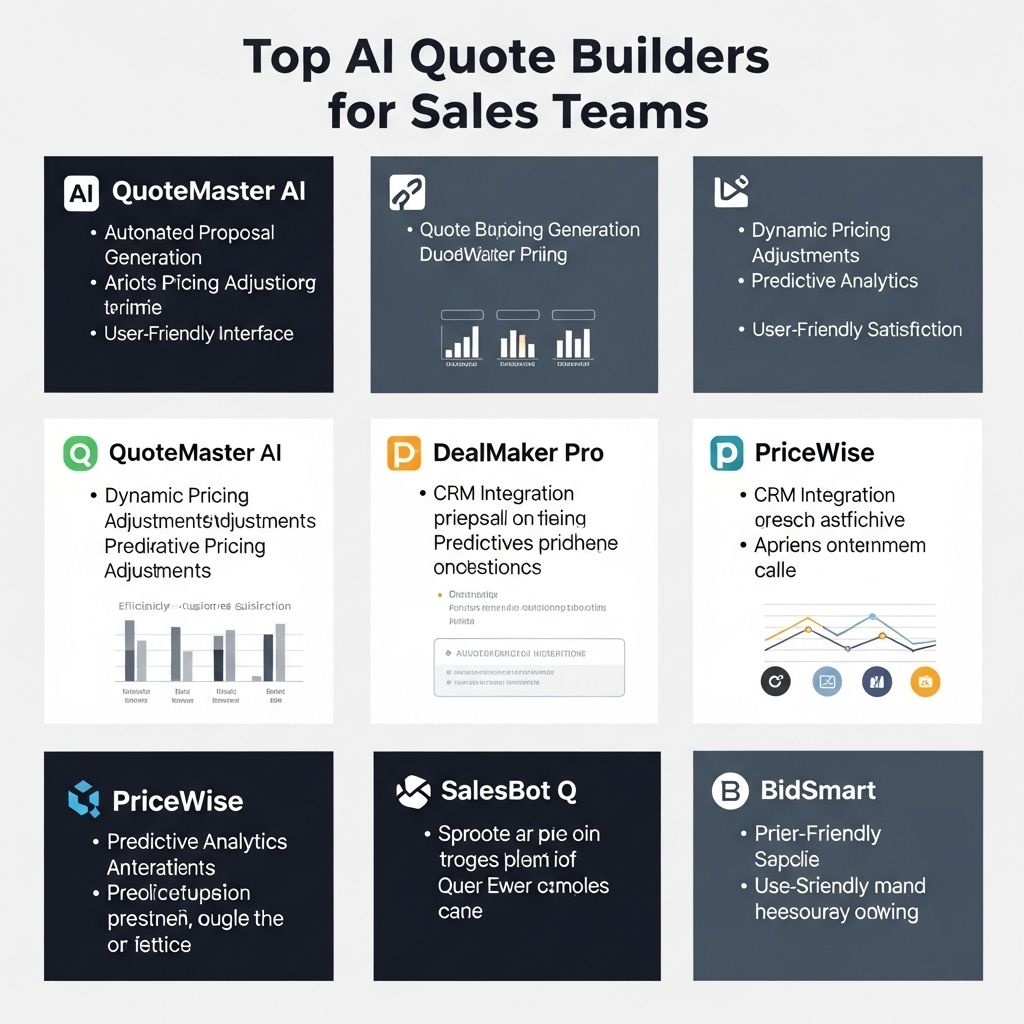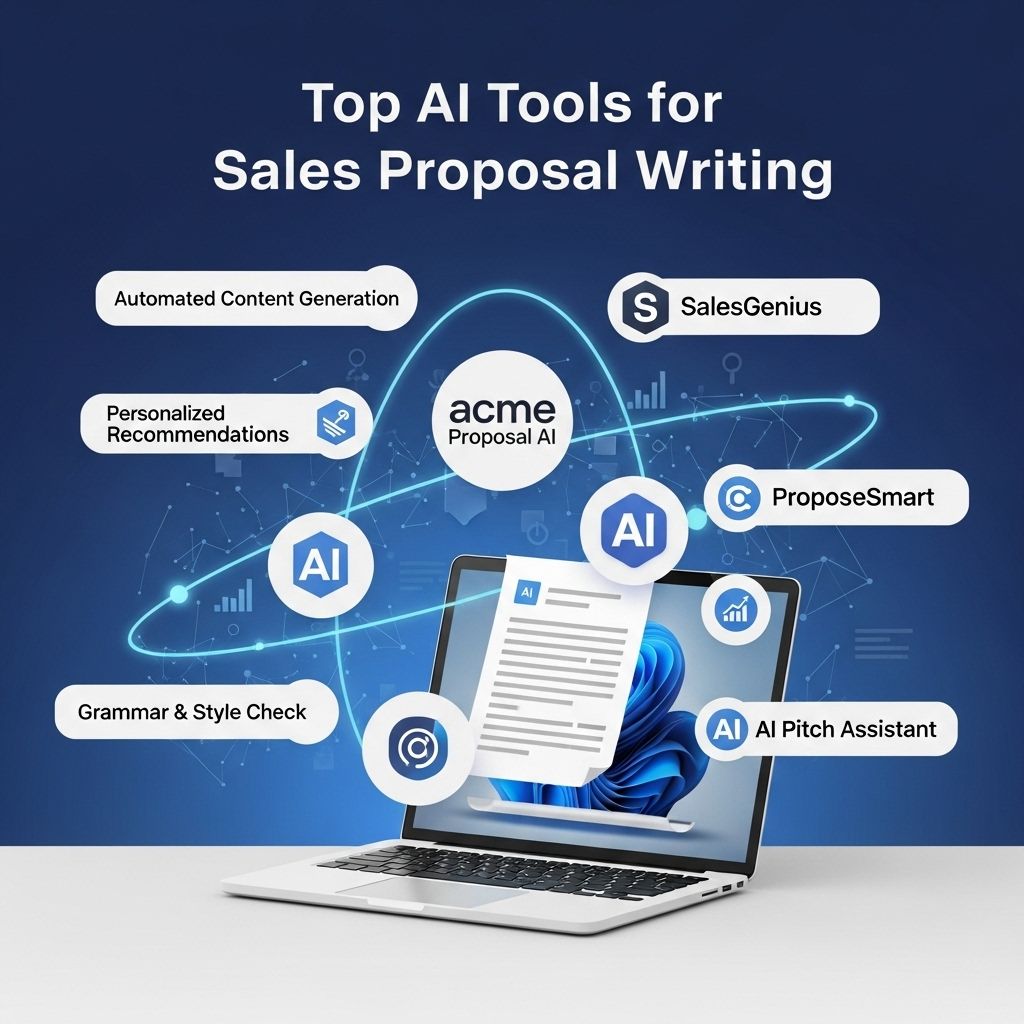Boost Sales with AI Chatbots for Follow-Ups
Discover how AI chatbots can streamline your sales process and enhance follow-up strategies to boost conversions and customer engagement.

In today’s fast-paced business environment, sales professionals are constantly seeking ways to improve their efficiency and effectiveness. One innovative solution that has emerged in recent years is the integration of AI chatbots into follow-up strategies. These digital assistants are transforming the way businesses engage with prospective clients, ensuring that no lead falls through the cracks. This article will explore the various applications of AI chatbots in sales follow-ups, the benefits they provide, and tips for implementing them effectively.
Table of Contents
Understanding AI Chatbots
AI chatbots are computer programs designed to simulate conversation with human users, especially over the internet. They can be implemented on websites, messaging platforms, or through dedicated applications. These chatbots utilize Natural Language Processing (NLP) and machine learning algorithms to understand and respond to user queries effectively.
Types of AI Chatbots
- Rule-Based Chatbots: These operate based on predefined rules and scripts. They can handle simple inquiries and provide instant responses based on specific phrases.
- AI-Powered Chatbots: These chatbots use machine learning to improve their conversational abilities over time. They can handle more complex queries and learn from interactions.
- Hybrid Chatbots: Combining features from both rule-based and AI-driven chatbots, hybrid chatbots can provide a broader range of responses while still being able to learn and adapt.
The Role of AI Chatbots in Sales Follow-Ups
Sales follow-ups are critical in converting leads into loyal customers. Timely and consistent communication can significantly influence a prospect’s decision-making process. AI chatbots can streamline this process in various ways:
1. Instant Response to Inquiries
With chatbots available 24/7, businesses can ensure that all inquiries are addressed promptly. This responsiveness helps maintain engagement and keeps potential customers interested in products or services.
2. Personalized Communication
AI chatbots can analyze customer data to provide tailored follow-up messages, making prospects feel valued. Personalization can include:
- Using the prospect’s name
- Referencing previous interactions
- Suggesting products based on browsing behavior
3. Scheduling Follow-Up Meetings
Many chatbots can integrate with calendar applications to schedule follow-up meetings directly within the conversation. This feature reduces the friction often associated with setting up appointments.
4. Lead Qualification
Chatbots can engage in initial conversations to qualify leads based on predefined criteria. This capability helps sales teams focus their efforts on the most promising leads, maximizing productivity.
Benefits of Using AI Chatbots for Follow-Ups
The advantages of employing AI chatbots for sales follow-ups are numerous:
- Increased Efficiency: Automating follow-up communications frees up valuable time for sales teams to focus on closing deals.
- Improved Customer Experience: Quick and personalized responses enhance the customer experience, leading to higher satisfaction rates.
- Data-Driven Insights: Chatbots can collect and analyze data from interactions, providing valuable insights into customer preferences and behaviors.
- Scalability: As businesses grow, chatbots can easily scale to handle increased volumes of inquiries without the need for additional human resources.
Implementing AI Chatbots in Your Sales Strategy
While the benefits of AI chatbots are clear, successful implementation requires careful planning. Here are some key strategies to consider:
1. Define Your Goals
Clearly articulate what you want to achieve with a chatbot. Whether it’s enhancing engagement, qualifying leads, or automating bookings, having a defined goal will guide the development process.
2. Choose the Right Platform
Select a chatbot platform that aligns with your business needs. Popular platforms include:
| Platform | Key Features |
|---|---|
| Intercom | Live chat, automated responses, and customer insights |
| Drift | Lead qualification, scheduling integration, and analytics |
| Zendesk | Support ticketing, chatbots, and customer service integration |
3. Train Your Chatbot
Invest time in training your chatbot with relevant data, FAQs, and typical customer interactions to improve its effectiveness. Regular updates based on new product offerings or changes in customer behavior are also critical.
4. Monitor Performance
Establish metrics to evaluate the chatbot’s performance. Key performance indicators (KPIs) may include:
- Response time
- Conversion rate
- Customer satisfaction scores
Challenges and Considerations
While AI chatbots provide many benefits, businesses should also be aware of potential challenges:
1. Miscommunication
Chatbots may misinterpret user queries, leading to frustration. Continuous improvement and training are necessary to reduce these instances.
2. Limited Emotional Intelligence
While chatbots can mimic human conversation, they still lack true emotional understanding, which may impact sensitive sales situations.
3. Integration with Existing Systems
Ensuring that the chatbot integrates seamlessly with your existing CRM and communication tools is crucial for maximizing its effectiveness.
Future of AI Chatbots in Sales
As AI technology continues to evolve, the capabilities of chatbots will expand even further. Here are some potential future trends:
- Enhanced Natural Language Processing: Continued advancements in NLP will allow chatbots to understand and respond to more complex queries.
- Increased Integration with Other Technologies: Chatbots will likely integrate more deeply with CRM systems, allowing for a more holistic view of customer interactions.
- Greater Personalization: Machine learning algorithms will improve chatbots’ ability to predict customer needs and preferences, leading to more tailored interactions.
In conclusion, AI chatbots are revolutionizing sales follow-up strategies, offering efficiency, personalization, and valuable data insights. Businesses that invest in these technologies can enhance their customer engagement efforts, ultimately leading to increased sales and improved customer satisfaction. With careful planning and implementation, AI chatbots can become a powerful asset in any sales strategy.
FAQ
What are AI chatbots for sales follow-ups?
AI chatbots for sales follow-ups are automated tools that engage with potential customers after initial contact to nurture leads, answer questions, and facilitate the sales process.
How can AI chatbots improve my sales follow-up process?
AI chatbots can streamline your sales follow-up process by providing instant responses, scheduling meetings, and tracking customer interactions, which ultimately enhances efficiency and customer satisfaction.
Can AI chatbots personalize follow-up messages?
Yes, AI chatbots can utilize customer data to tailor follow-up messages based on previous interactions, preferences, and behaviors, making the communication more relevant and engaging.
Are AI chatbots cost-effective for businesses?
Absolutely, AI chatbots reduce the need for extensive human resources by automating repetitive tasks, which can lead to significant cost savings in your sales operations.
What industries can benefit from AI chatbots for follow-ups?
Many industries, including e-commerce, real estate, healthcare, and tech, can benefit from AI chatbots for follow-ups as they enhance customer engagement and streamline the sales process.
How do I integrate an AI chatbot into my existing sales system?
Integrating an AI chatbot into your existing sales system typically involves selecting a chatbot platform, customizing it to fit your sales process, and connecting it to your CRM or communication tools for seamless operation.








